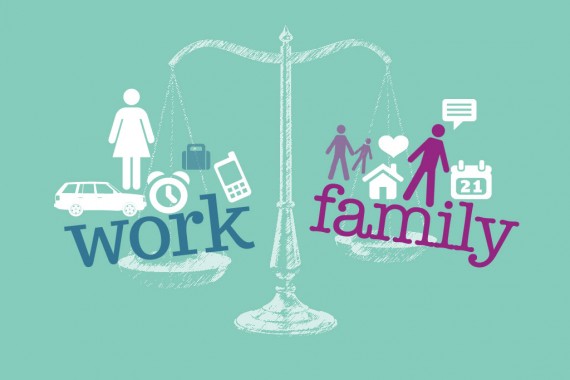Important Clauses To Look Out For When Being Hired
Typically, when you get your first job, you are at an inferior position, and will tend to take whatever terms handed to you. However, there are certain clauses you should be very clear about before signing on that dotted line, and if you don’t understand should seek legal counsel.
In addition to your employment contract, you should carefully read the company’s Employee Handbook, as it’s often contractual as it is referenced by your employment contract.
Termination Clause
Termination is one area where employees are often caught flat footed. Every employee should make an effort to learn about unfair dismissal, and the remedies he/she should seek if they suspect that they have been dismissed unfairly. When you first get your job, losing it is the last thing in your mind, but you should ensure that you are well protected against this should it happen.
It’s important that you and your prospective employer set well defined performance parameters, and you should be proactive to review these constantly so that you’re not surprised if your employer isn’t satisfied with your performance. This should be well negotiated and clearly documented before you start employment.
You should also be careful to learn what consists inappropriate conduct in your organization. This article says that 22% of employers in the US for example, have fired an employee for using the internet for non-work related activity. Ignoring that little clause in the employee handbook that prohibits Facebook at the work place could get you fired.
Annual Leave Policy
The standard employment contracts state that you are entitled to between 21 and 26 days of leave every calendar year. Most contracts are however silent on the procedure to obtain leave, and whether you can carry your leave days forward if you haven’t taken them during the calendar year. Some companies compensate employees for leave days not taken, others don’t.
Some companies also have compulsory leave days which are deducted from your leave days, e.g over Christmas holidays. Ensure that you’re aware of these special clauses and have discussed them conclusively before signing.
Dress Policy
Companies have different policies on dress. While you can learn what’s acceptable by observing your colleagues, it’s wise to find out first hand where the boundaries lie. Some companies are pretty relaxed on dress code, while others dictate what is appropriate dress for meetings, a normal day at work and “dress down Fridays”. It’s pretty awkward for example to show up on a Friday in jeans, only to realize that jeans are a no-no, even for “dress down Fridays”.
Maternity and Compassionate Leave
The labour law is pretty clear on maternity, paternity and compassionate leave. Ensure that your contract terms abide to the law in this regard. While it’s possible to sue an employer in case of violation of these terms, suing an employer is never pleasant and should be avoided as much as possible.
Pay Review Policy
This is the final area where you should never assume, and should seek clarity. Some companies have a standard annual Cost of Living Adjustment policy, which is coupled with a performance based pay review. Others review salaries based on performance, and in other companies, pay review is entirely at the discretion of management. Do not be ashamed to ask about pay review,and the metrics around which this is evaluated.
Along with this, discuss Key Performance Indicators (KPIs), which you should be working towards. When you work within a vacuum, even you have no way to know if you’re performing well or not.
Good luck as you take on a new job



